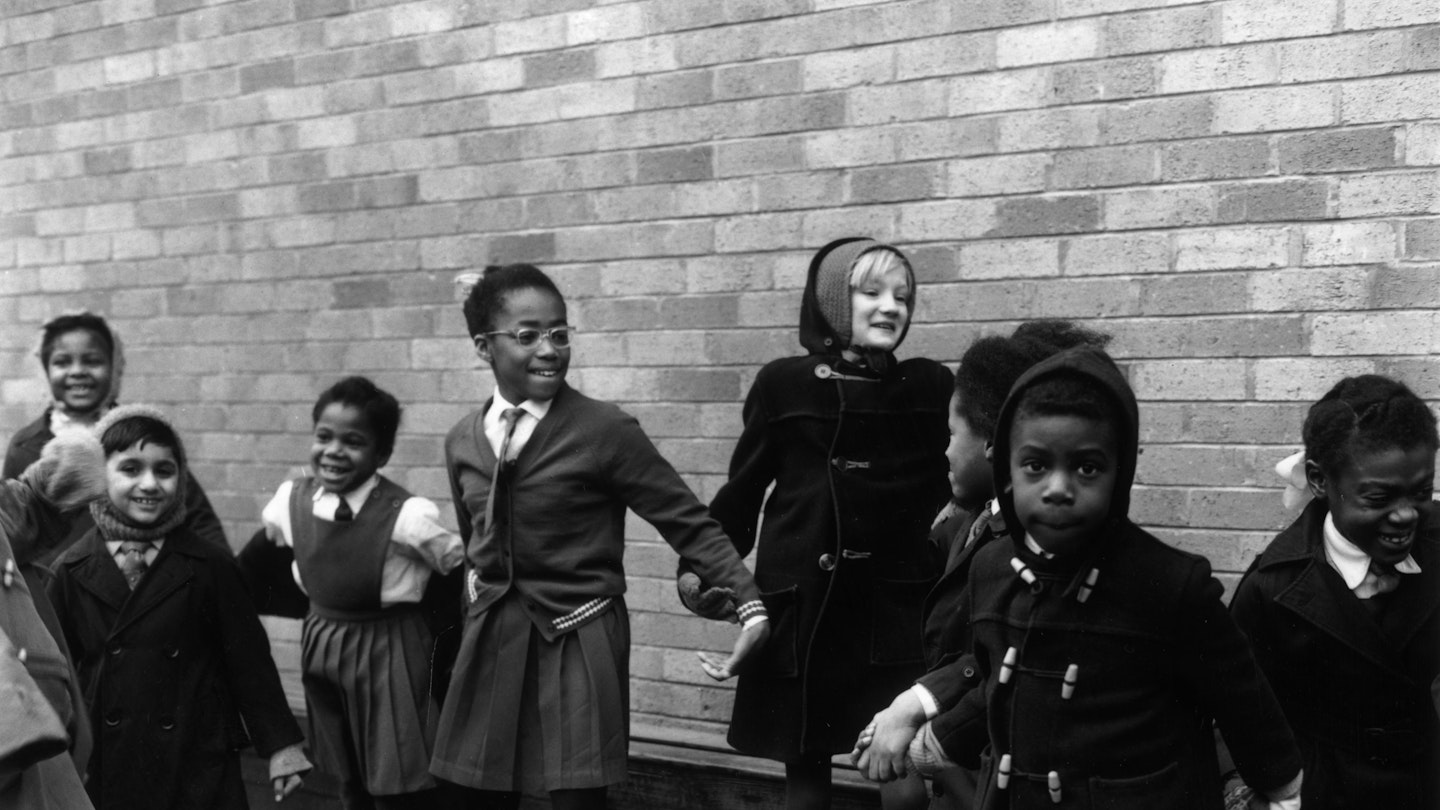When we discuss racial segregation, it’s usually with regards to the US, where the schooling of Black and white children in separate educational institutions is a well-known aspect of history. However, the UK doesn’t exactly have an unblemished record when it comes to racial equality and schooling, either.
In the 1960s, Black communities in the UK came together to create 'supplementary schools' as a way of fighting back against the racism and inequality that their children were facing in mainstream schooling.
The volunteer-led schools were instructed by parents, teachers, community activists and church leaders. These teachers set out to counteract the biased view that Black children were being taught about their cultures and history by implementing sessions on pan-Africanism and a more general focus on identity. In short, their aim was to offset the racism that their children were experiencing Monday to Friday at school.
The schools played a vital role in enabling Black children in the UK to connect to their identities
The majority of the supplementary schools ran on a Saturday, often referred to as a 'Saturday school' than a supplementary one, to accommodate the teachers’ work schedules.
The supplementary schools were the beginning of a wider movement. After the schools came the wider Black Education Movement, the Black Parents Movement, the Caribbean Education and Community Workers Association and the Anti-Banding Campaign. Throughout the 1960s and 1970s, Black parents were working together to create an alternative form of education to compensate for what traditional schooling had decided to teach their children about themselves; to question the white supremacy in the education system and the racist ideas that were delivered to Black children. In a previous report, Bini Brown, one of the founders of one of the oldest supplementary schools in the UK, said that children were being asked questions such as ‘does the dirt just come back on after you wash?’
The schools played a vital role in enabling Black children in the UK to connect to their identities. Commenting on the George Padmore supplementary school, John LaRose wrote that regular schools in the late 60s ‘gave black children no understanding of their background, history, and culture and no help in understanding their experience of the society in Britain’.
Racial biases are intrinsic to the British education system, which still teaches history by ignoring the blood on Britain’s historical hands and as such children all over the UK still receive an education that does not reflect their heritage. In some parts of England, the supplementary school system continues teaching young children from Afro-Caribbean communities about their histories, cultures and identities.
However, the need for young Black people to see themselves reflected in education is starting to gain recognition. In universities across the country, Black students are questioning the curriculum, calling for diversification and continual decolonisation of what's understood as constituting a canonical text. Slowly but surely these calls are being met and curriculums are changing.
The efforts of Black students to continue to question the institutional racism that affects the education system may well, at least in part, be due to the heritage of supplementary schools and what they did for Black British people all across the UK.
